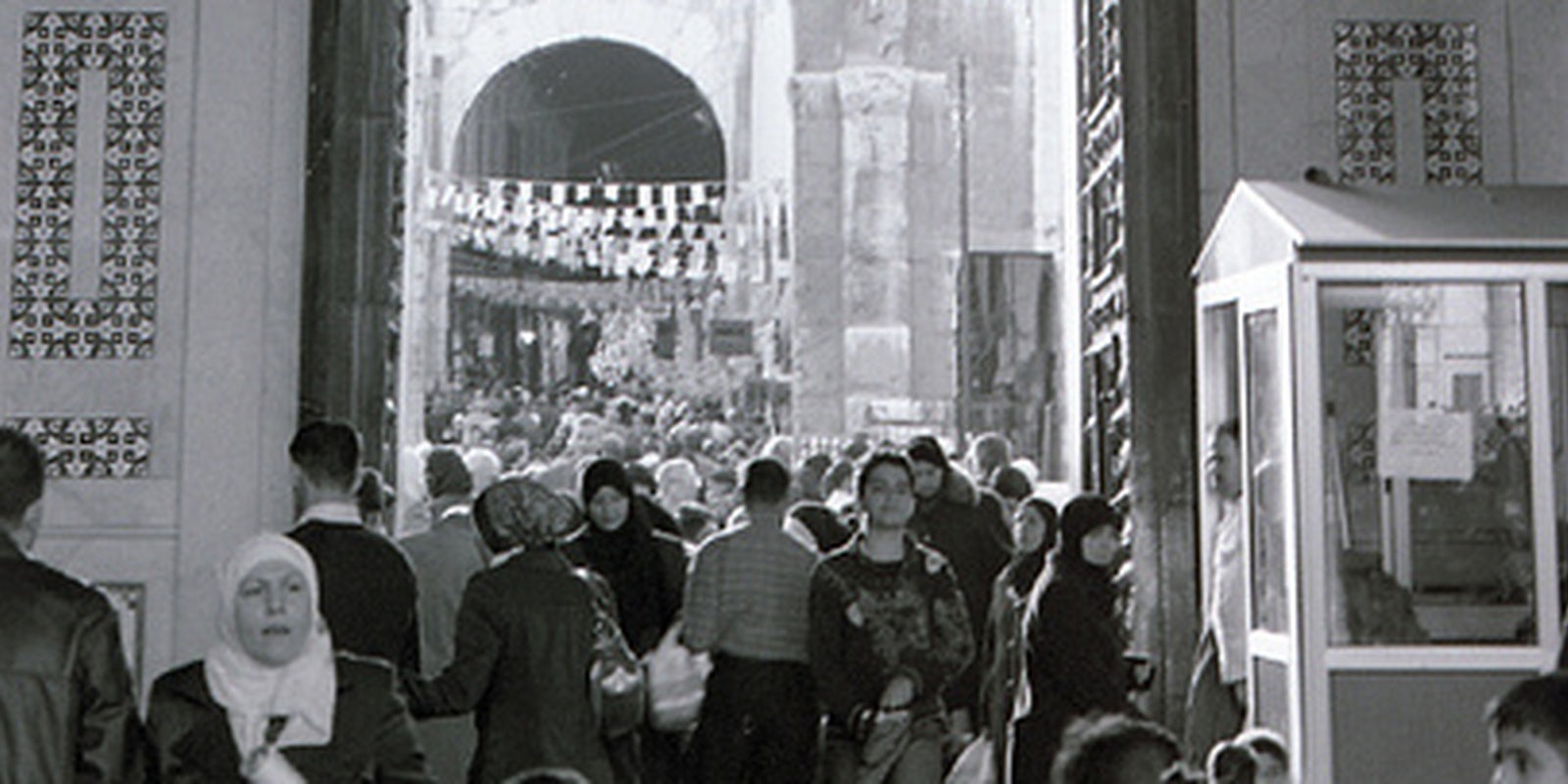Remember when you used to get half a dozen emails a day from Prince Bingbong of Lower Benue and Upper Blainslie, promising to share his royal wealth with you if you, dear, would only be so good as to wire him a scant $5,000 to settle his estate?
Well, this type of fraud, called “Nigerian letters,” the “Nigerian scam,” or “419 scams,” after the relevant section of the Nigerian Criminal Code, is alive and well and living in Aleppo.
On Kaspersky’s Securelist blog, Tatyana Shcherbakova reports that in recent months, due to the upset from the ongoing Syrian civil war, there has been a “surge” in the number of Nigerian letters that were built around Syrian content or which carried some sort of reference to Syria.
Nigerian letters are famous for the lushness of their scenarios, all of which place either the writer, or someone whom the writer represents, in some sort of financial straits, which the recipient is bidden to help solve. In return for their help, always in the end monetary, the letter’s recipient is promised money. The icing on the cake is altruism, but the cake itself is greed.
This raft of Syrianized Nigerian letters purport to come from regular people, from representatives of banks, and from charities. Playing the long con, money is sometimes not asked for right off, but rather simple willingness to help is requested. Once you respond, the scammers go to work, until eventually, “After all details of the future partnership are discussed, the victim will most probably be asked to perform a service, e.g. transfer a small amount of money to pay for the mediator’s services. When the money is transferred, the scammers will vanish just as suddenly as they appeared.”
One of the scenarios Kaspersky found was the tale of an oil trader who had died in the fighting between government forces and rebels. The writer posed as a member of the Red Cross, who had saved the trader’s money. But he needs you to help him get it out of the country.
Places of conflict, like the Niger delta and Syria, are perfect for this scam. The thin, sweet, altruistic coating makes it easier for the scammer’s marks to swallow their own greed, an action most of us would find too bitter otherwise. This is, after all, nothing but a money-for-nothing appeal when you strip away the set decoration.
H/T SecureList | Image via Hussein Alazaat/Flickr
